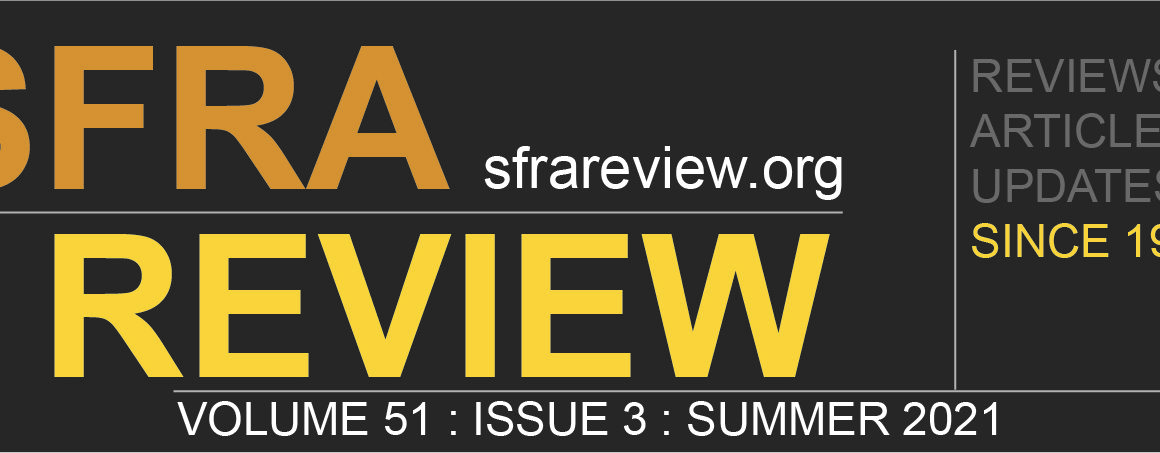Interview zu Kim Stanley Robinson bei DLF Kultur
Der DLF Kultur hat mich am 18.10. zum neuen Roman Das Ministerium für die Zukunft von Kim Stanley Robinson befragt. Wir haben über den Klimawandel und politische Ohnmacht gesprochen, über Robinsons Tradition in Utopie und Dystopie und darüber, dass jeder mal dieses Buch lesen sollte. Zu hören ist das ganze hier:












